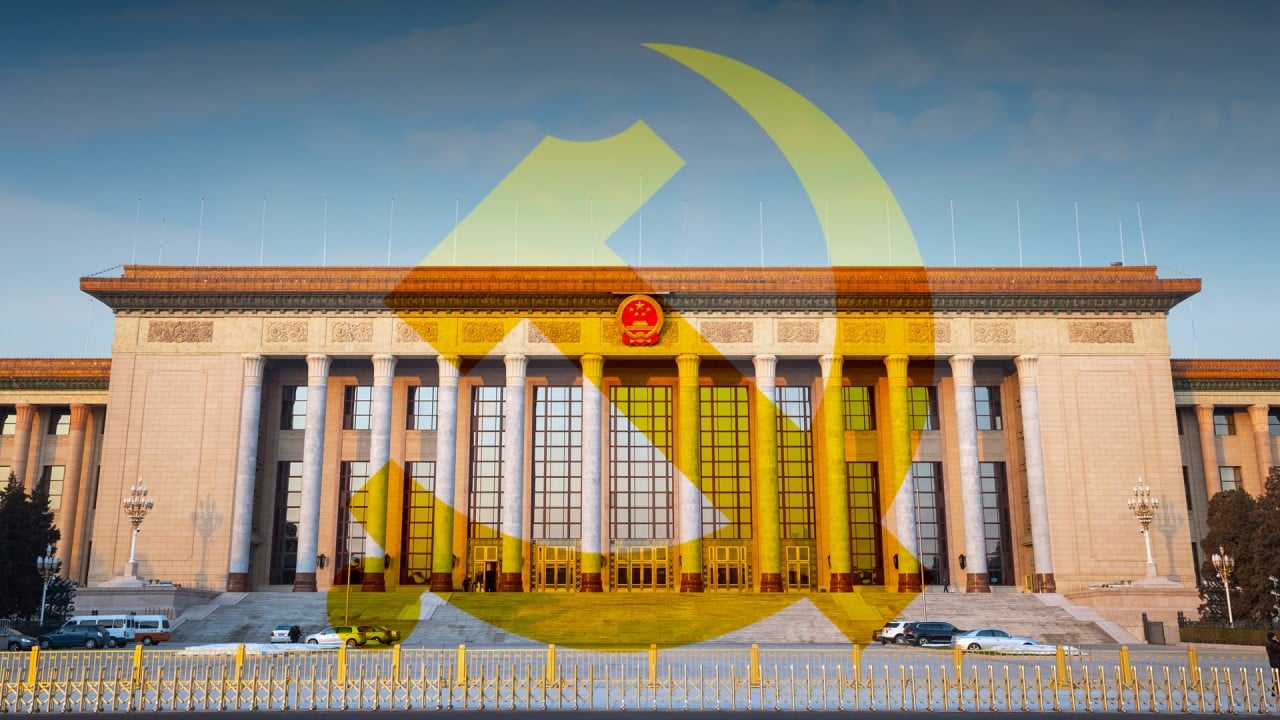
China’s money laundering crackdown reflects ‘severe’ risks facing the financial system
- Analysts say China has a long way to go to combat illicit financial flows after Beijing launched a three-year action plan to prevent money laundering
- The crackdown comes as the world’s second largest economy faces renewed threats of capital outflows from US interest rate hikes
China has a long way to go to clamp down on money laundering, despite renewed efforts to root out illicit financial flows that could endanger the country’s financial system.
Beijing on Wednesday launched a three-year action plan to combat underground money flows that are most often seen in cases of corruption, tax evasion and organised crime.
The campaign is being led by the People’s Bank of China (PBOC) and the Ministry of Public Security, and has been joined by agencies including the anti-corruption commission, the Supreme Court, tax and customs authorities.
Officials said the “current situation remains severe”.
‘Challenging’ belt and road strategy needs risk analysis, anti-corruption steps
“We must resolutely contain the spread of such crimes, and try to solve them from the root and with comprehensive measures,” said a joint statement.
“Improving the nation’s anti-money-laundering system is vital to safeguard national security, social stability and economic development.”
Liu Shengjun, head of the Shanghai-based China Financial Reform Research Institute, said China had a lot more work to do to tackle underground financing.
On Wednesday, China’s central bank also released a regulation ordering financial institutions to tighten due diligence on clients and transactions, especially involving overseas transactions.
Commercial banks, policy banks, securities firms, insurers, wealth management companies and other licensed financial institutions must keep client’s information if individual transactions reach 50,000 yuan (US$7,900), or US$10,000.
Non-banking payment companies must store client information on individual transactions of 10,000 yuan, or US$1,000.
The PBOC stepped up monitoring and punishment of financial crimes during a revision of anti-money-laundering laws last year.
The central bank fined 537 financial institutions a total of 526 million yuan in 2020, according to its annual report.
China’s ‘corruption problem’ at local levels poses political, economic risks
Its anti-money-laundering monitoring centre reviewed nearly 11.8 billion transactions from 4,319 institutions in 2020, an increase of 6.5 per cent from a year earlier. Suspicious transactions totalled 2.6 million, up 58 per cent.
Chinese courts heard 6,624 related cases in 2020, with 229 people convicted for money laundering and 15,988 convicted for covering up or transferring gains from crimes. No figures from previous years were provided.
The money laundering action plan comes as the world’s second largest economy faces renewed threats of capital outflows from an imminent US Federal Reserve interest rate hike.
Many market analysts predict an aggressive rate increase could be made as early as March and there could be four hikes this year.
Chinese regulators are on high alert for the impact of cross-border capital flows and changes in the yuan exchange rate.
Authorities stepped up scrutiny of underground banks and foreign casinos last month amid concern about overseas transfers.
The State Administration of Foreign Exchange has flagged risks such as bogus transactions through shell companies, cash trafficking and transfers through bitcoin and other virtual currencies.



